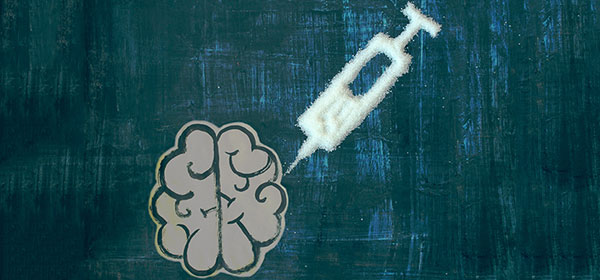It’s common knowledge that too much sugar in your diet can lead to obesity and diabetes. Studies have also found that artificial sweeteners put people at risk of brain disease, with one ‘diet’ drink a day enough to triple your risk of a deadly stroke.
A new study now shows that too much glucose in the brain could also be linked to dementia.
The UK study examined the brains of Alzheimer’s patients after they had died. Researchers found a link between abnormalities in how the brain breaks down glucose and the onset of symptoms of Alzheimer’s.
“While these results clearly show that abnormalities in brain glucose metabolism are linked to Alzheimer’s disease pathogenesis, they suggest a more complex relationship between levels of blood glucose and Alzheimer’s symptoms in early stages of the disease,” said Dr Madhav Thambisetty of the National Institute of Aging.
“Thus, while we found significant abnormalities in glucose breakdown in the brains of patients with Alzheimer’s, the exact reasons for these abnormalities remain to be understood.
“Understanding this relationship in future studies is important in establishing optimal blood glucose levels to reduce Alzheimer’s risk in older individuals.”
Scientists studied the blood glucose levels in study participants years before they died, to try to track a process called glycolysis.
They found that greater brain glucose levels at death and lower enzyme activity controlling key glycolysis steps were more likely to lead to dementia, as well as more severe Alzheimer’s pathology in the brain and development of symptoms.
“For some time, researchers have thought about the possible links between how the brain processes glucose and Alzheimer’s,” said National Institute of Aging Director Richard Hodes.
“Research such as this involves new thinking about how to investigate these connections in the intensifying search for better and more effective ways to treat or prevent Alzheimer’s disease.”
Read more at www.mdmag.com
Do you have too much sugar in your diet? Should you limit your intake?
Related articles:
The great dementia disconnect
Obesity is the new normal
Understanding dementia to save lives

